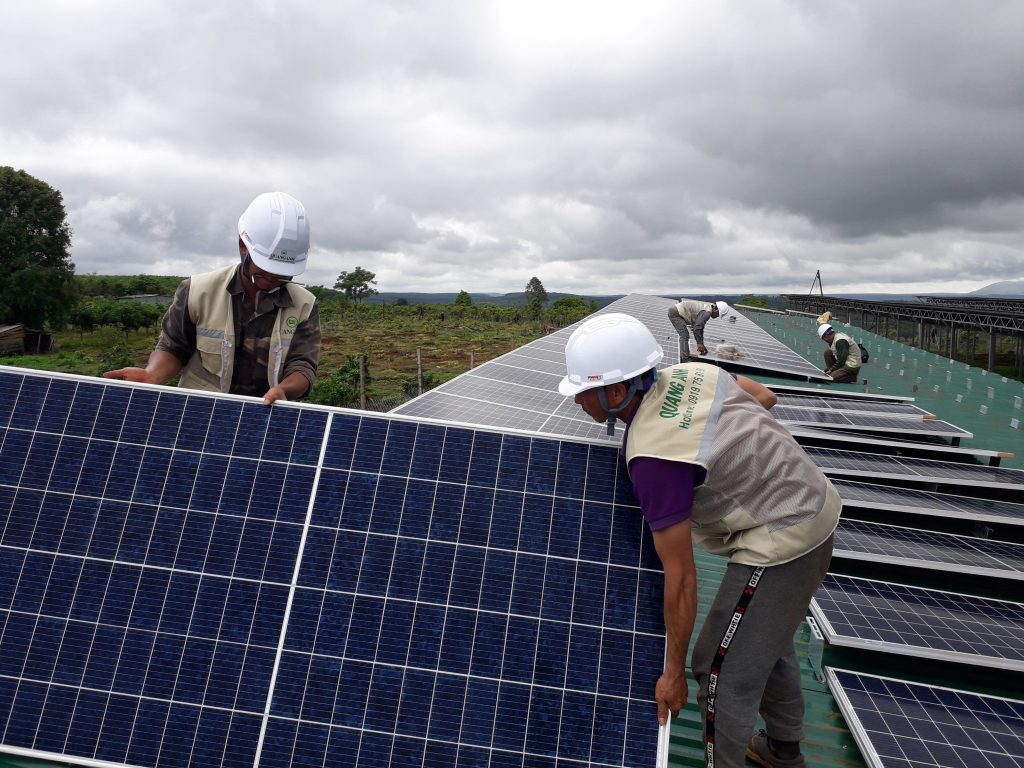News
Rooftop Solar General Contractor: Comprehensive Solutions for Businesses
Table of Contents:
The rooftop solar general contractor is responsible for the entire process from surveying, designing to operating and maintaining the solar power system. By providing flexible financial models, this is an effective solution for businesses wanting to invest but lacking capital.
The significant role of EPC General Contractors in Rooftop Solar Power
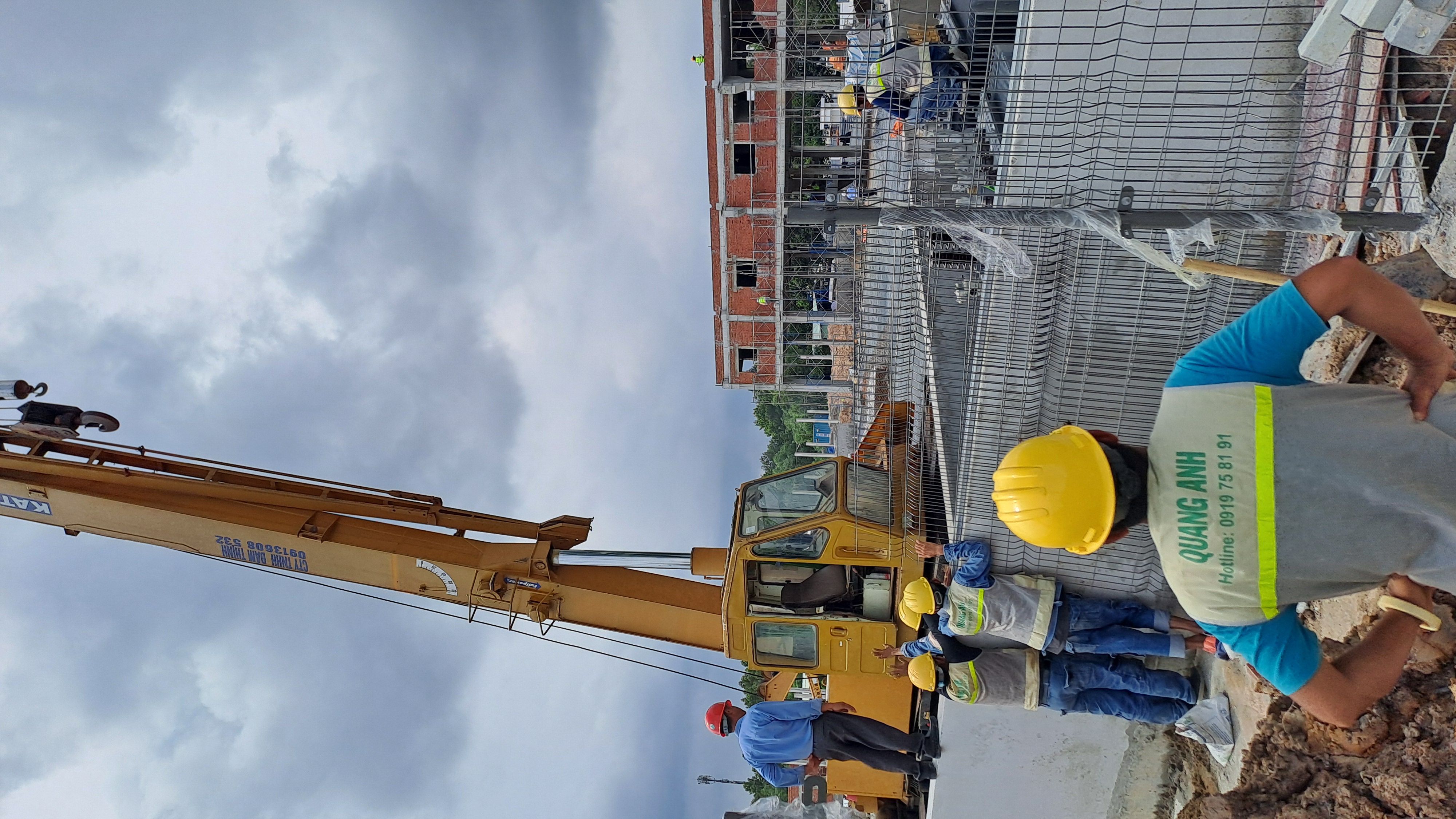
Rooftop solar EPC general contractors play a pivotal role in surveying, designing, equipment supply, construction, and operation of the system. From energy system surveys to technology selection, EPC contractors ensure technical factors are optimized. Supplied products like solar panels, inverters, and other accessories all meet modern technical standards.
- Comprehensive project management: EPC contractors handle everything from energy surveys, solar power design, to equipment selection, material supply, and system construction. This saves time and ensures project progress and quality for investors. Synchronization in project management significantly contributes to the success of each project.
- Ensuring quality and safety: At all stages of design, construction, and operation, occupational safety and technical standards are strictly adhered to. This helps optimize the efficiency and durability of the system.
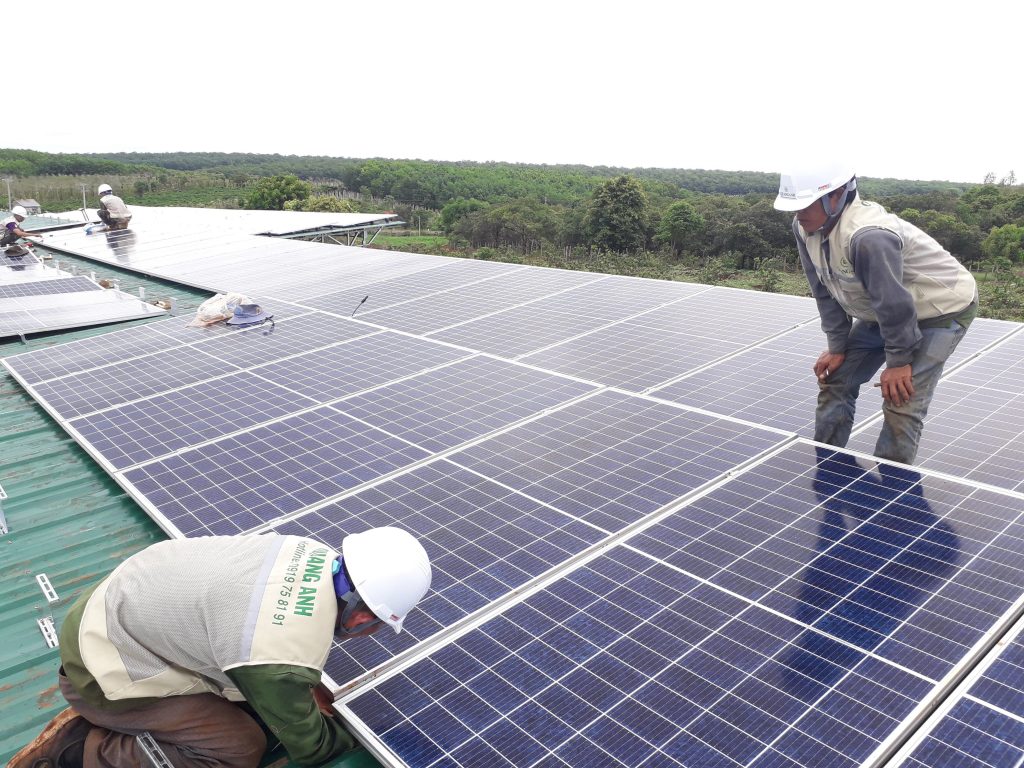
- Cost savings and resource optimization: EPC contractors have the ability to choose or hire subcontractors, optimizing each project part. Meanwhile, selecting equipment brands like ABB, Schneider, Mitsubishi helps optimize investment costs.
- Financial support and flexible ownership models: Some EPC contractors also cooperate with financial partners, deploying models like “no initial investment needed”, allowing businesses to flexibly own a solar power system at a low cost.
- Continuous partnership with businesses: Besides construction, EPC contractors also support system maintenance and operation, stabilizing sustainable clean energy sources, contributing to enhancing business brand image during the transition to renewable energy.
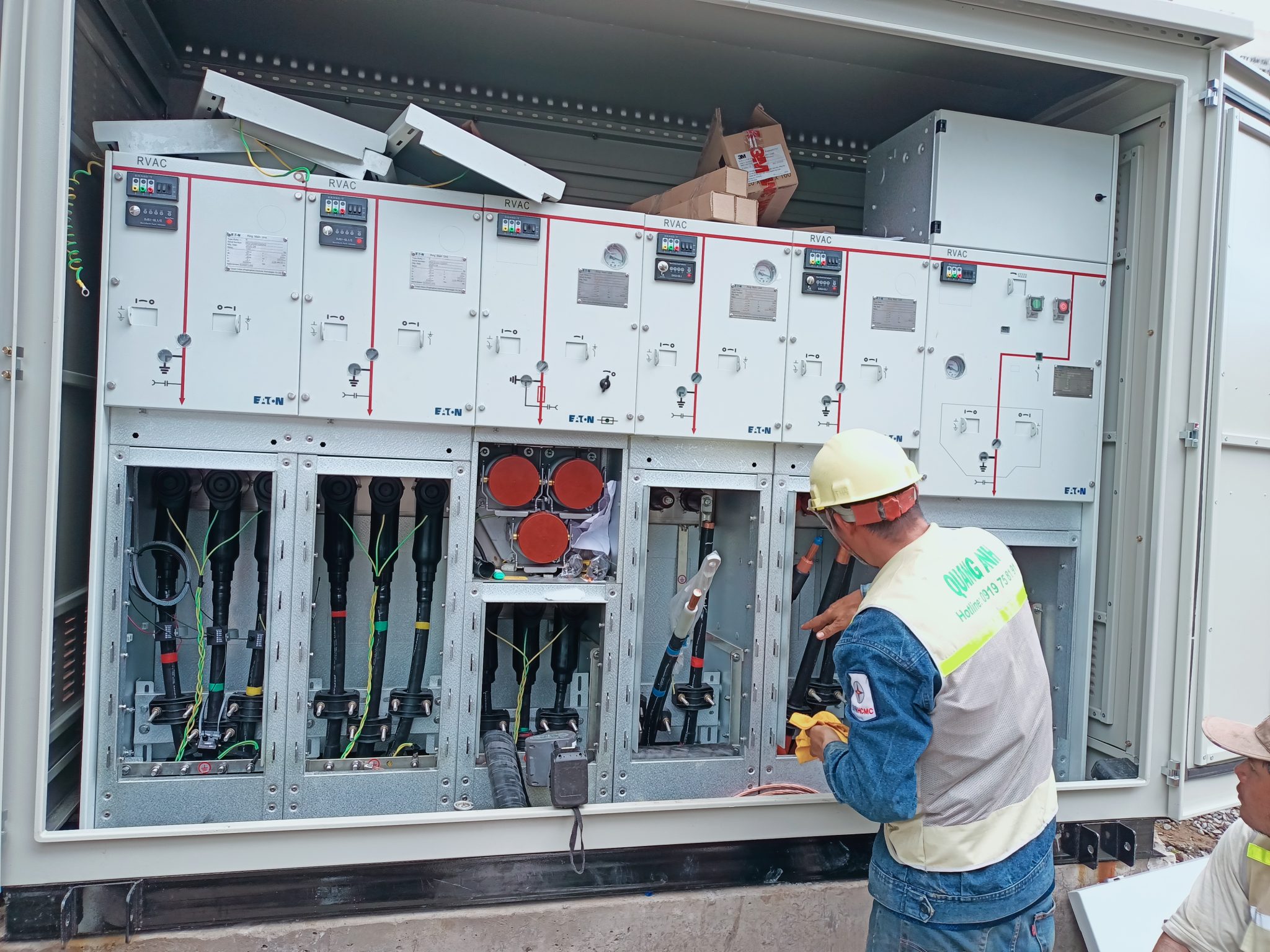
Design and Construction Process of Solar Power Systems
The deployment process of the EPC contractor includes from designing solar electrical engineering to construction and installation. First, the contractor conducts field surveys, determines topographic and climatic factors to optimize the system. Then, detailed technical designs are carried out to ensure the system’s efficiency and safety.
1. Information gathering and field survey
- Evaluate energy consumption needs through monthly/annual electricity bills to understand the goal of the solar energy system installation.
- Conduct field surveys to assess natural conditions like roof direction, tilt angle, and weather, ensuring the Solar Panel Installation process achieves the highest efficiency.
- Check the current electrical system for effective integration with Renewable Energy Systems.
- Determine the budget to select suitable PV System Design solutions.
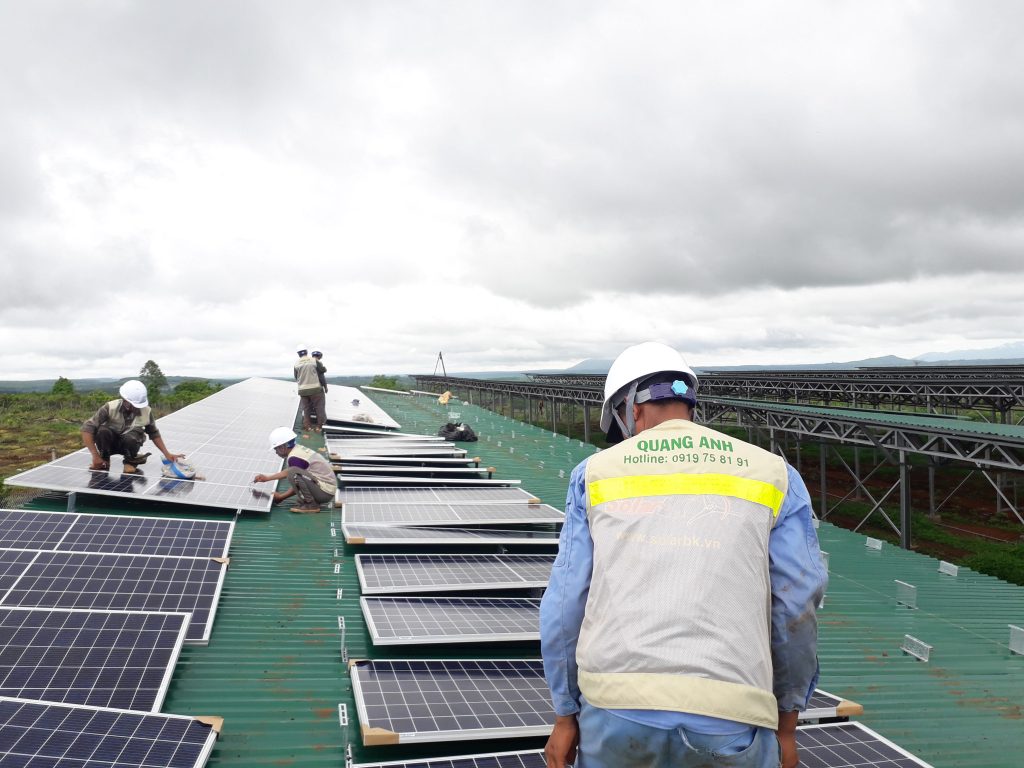
2. Calculate capacity and select equipment
- Calculate the required capacity based on actual needs and geographic conditions, ensuring Energy Efficiency for the system.
- Select solar panels, inverters, batteries (if any) ensuring technical and financial requirements.
- Determine system efficiency, input and output voltages to achieve the highest performance.
- Consider popular equipment brands like ABB, Mitsubishi, Schneider.
3. System design
- Map installation locations according to geographical diagrams to optimize Solar Panel Installation.
- Design the overall electrical diagram, specifying components like panels, inverters, batteries, and controllers.
- Determine the size, distance, and orientation of the panels to efficiently capture energy.
- Select frame materials like steel or aluminum, often requiring stable rust resistance.
4. Detail technical drawings
- Detail on drawings the power, efficiency, and voltage of all devices.
- Draw the wiring system, ensuring easy connection and maintenance.
5. Construction planning
- Determine construction schedule and prepare materials.
- Assign personnel and quality control points.
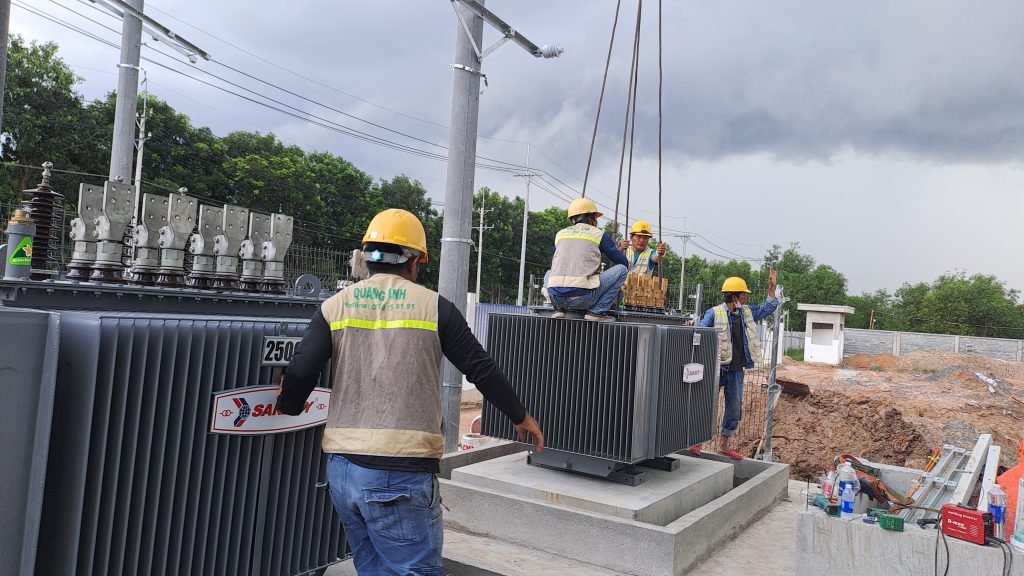
6. Construction and installation
- Install support frames and fix the panels according to the design drawings.
- Connect devices, ensuring electrical safety and lightning protection.
- Install protective devices and wiring system.
7. Testing and operation
- Check the entire system for power output, voltage, and device connections.
- Test overload protection and ground leakage countermeasures.
- Trial run and adjust to ensure stable system operation.
8. Maintenance and monitoring
- Plan regular maintenance, clean panels to maintain high performance.
- Monitor performance through monitoring devices and quickly troubleshoot issues.
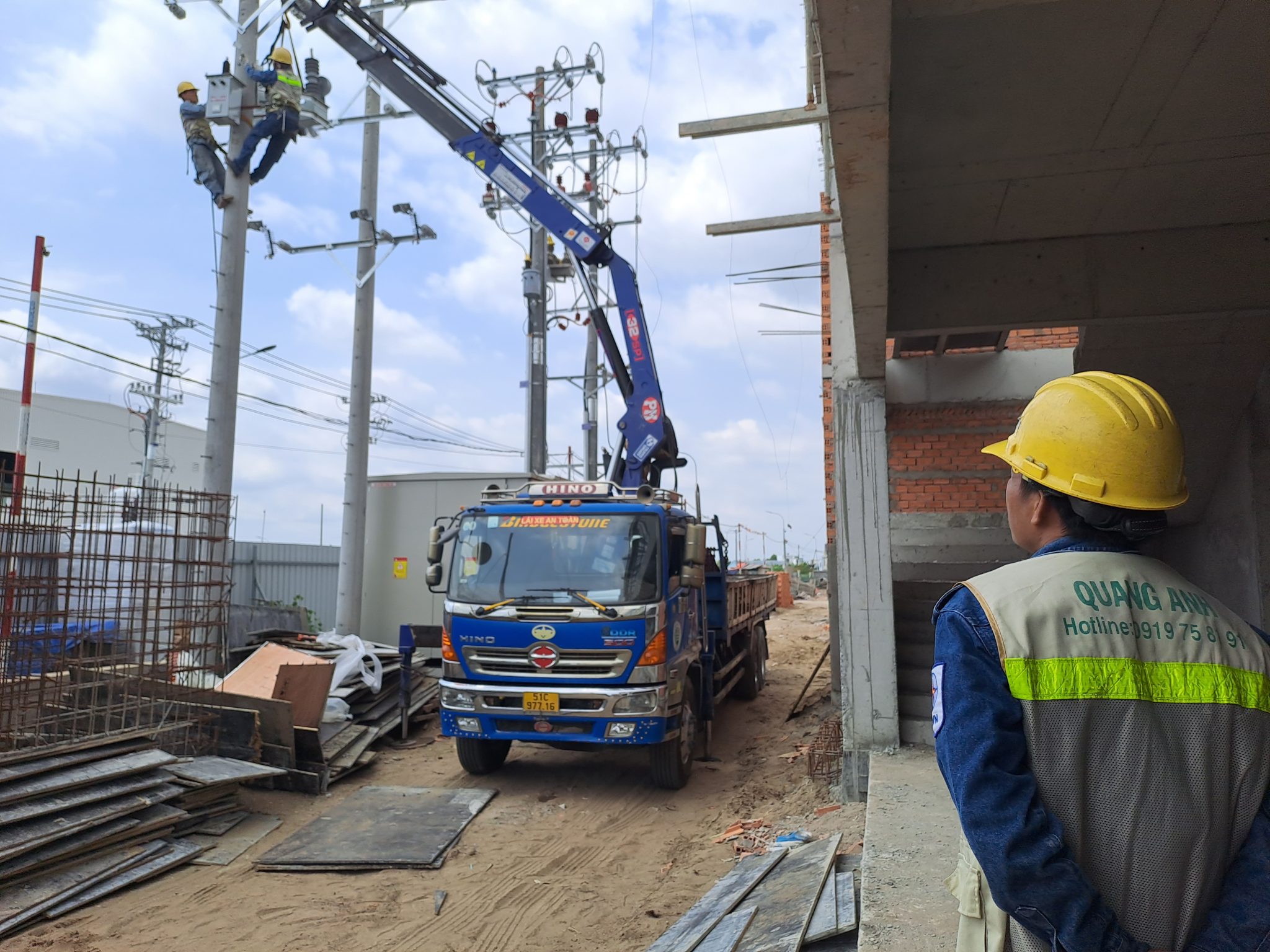
Financial Models Supporting Businesses in Solar Projects
EPC contractors not only provide technical services but also financial support through models like ESCO or roof rental. These models help businesses implement solar projects without initial investment, while owning the system and harnessing long-term clean energy.
ESCO Model (Energy Service Company)
The ESCO financial model is one of the effective solutions in the solar finance field, allowing businesses to save on initial investment costs. Instead of self-investing, businesses can collaborate with financial and technical partners, who will take responsibility for the installation and operation of the solar power system.
- Operating mechanism: Businesses lease the roof and buy electricity from the system at a price lower than the grid price, from 10-15%.
- Applicable conditions: Applicable to businesses with high electricity demand, roof area requirements, and minimum power consumption must be ensured.
- Advantages: Cost savings, no initial investment required, competitive advantage increase.
- Risks & notes: Ensure a clear contract on the rights and obligations of both parties.
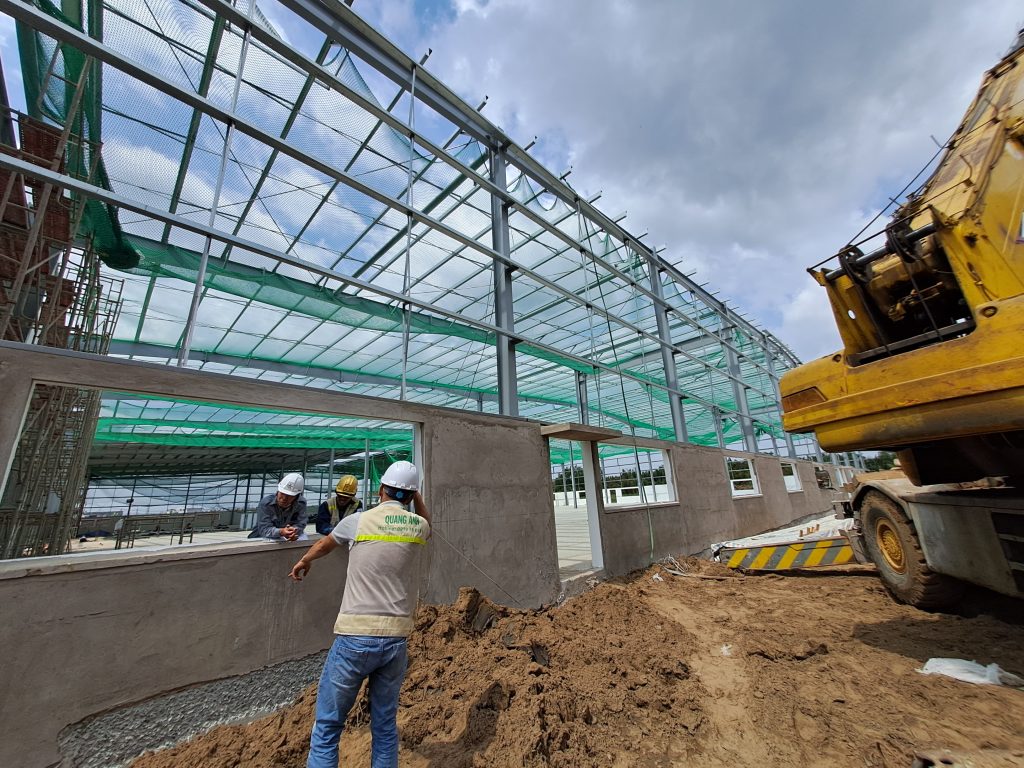
B.O.O.T Model (Build-Own-Operate-Transfer)
The B.O.O.T model represents a new investment energy support direction: build, own, operate, and transfer. Through this, the investment partner will carry out the entire process, from construction to operation, allowing businesses to enjoy renewable electricity without major investment.
- Benefits for businesses: Use clean energy, reduce dependency on the grid. Save costs and promote sustainable development.
- Finance: Sign a power purchase agreement with preferential electricity prices, operation, and maintenance costs are borne by the investor.
Electric price program and State’s support price framework
The solar power price framework in 2025 is determined by the State according to Decision 988/QĐ-BCT, as an important financial leverage in solar finance. These prices help investors and businesses identify projected profits, thereby promoting effective investment.
- Fixed electricity prices depending on the region, encourage renewable energy projects.
- Create a solid foundation for financial cooperation models in solar power.
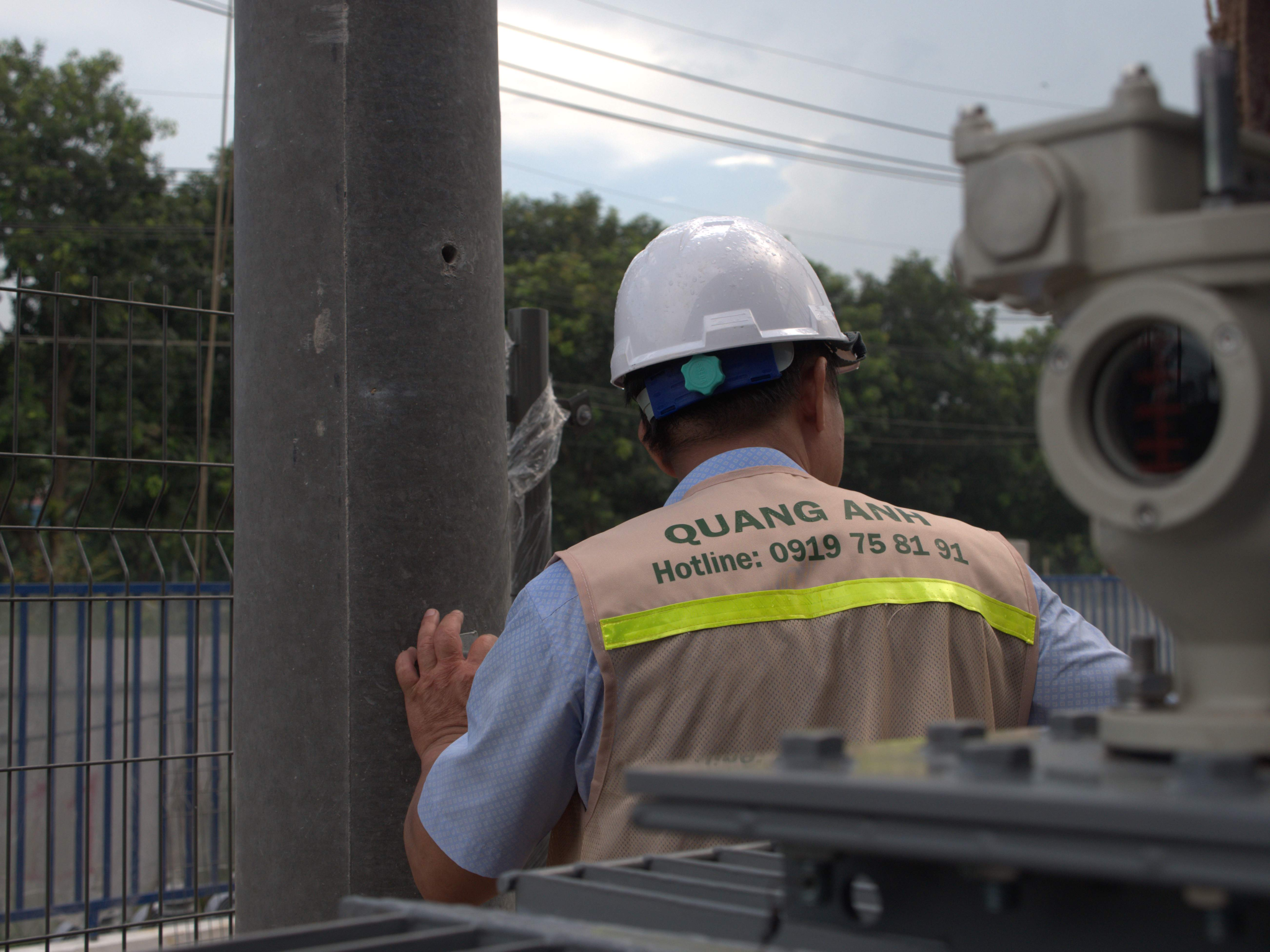
With advantages in comprehensive quality control, legal support, and flexible financial models, the rooftop solar general contractor provides optimal solutions for businesses. Choosing an EPC contractor helps businesses not only minimize costs but also demonstrate a commitment to clean and sustainable energy.
Discover more about rooftop solar solutions at QuangAnhcons. Contact Hotline: +84 9 1975 8191 for detailed consultation.
QuangAnhcons provides EPC general contractor services for rooftop solar, including survey, design, construction, operation, and maintenance. With flexible financial models like ESCO, QuangAnhcons helps your company own a clean energy system without an initial investment.

 Tiếng Việt
Tiếng Việt 简体中文
简体中文 Deutsch
Deutsch 日本語
日本語 한국어
한국어 ไทย
ไทย Русский
Русский Français
Français
